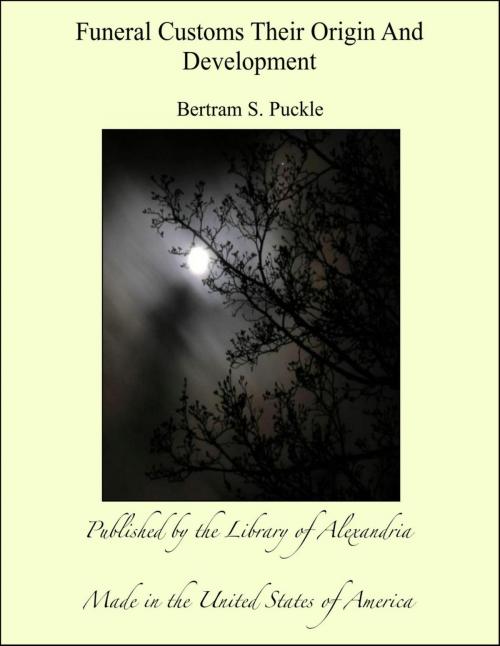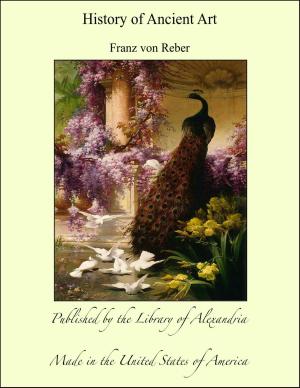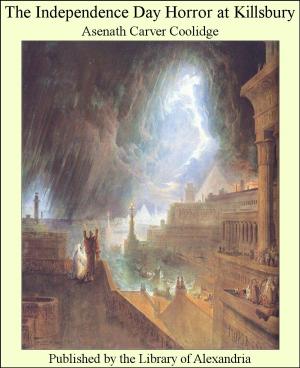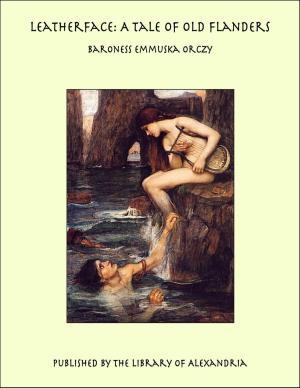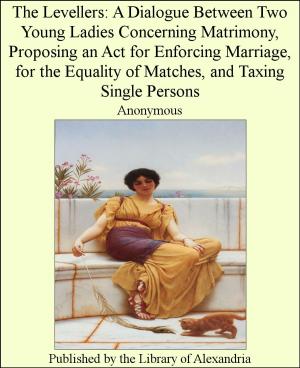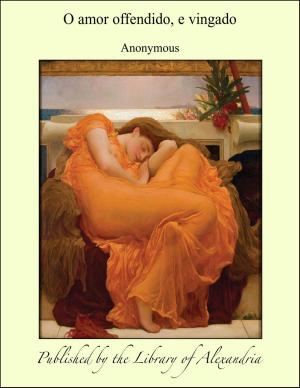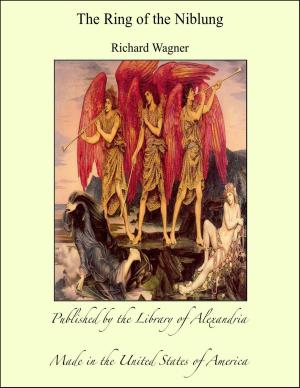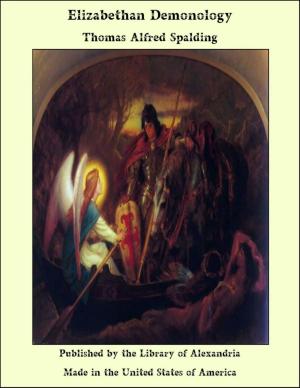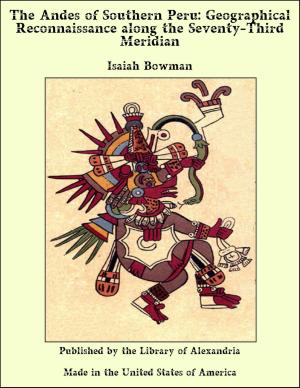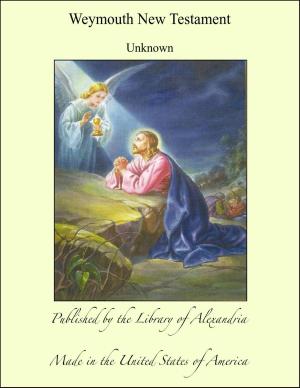Funeral Customs Their Origin And Development
Nonfiction, Religion & Spirituality, New Age, History, Fiction & Literature| Author: | Bertram S. Puckle | ISBN: | 9781465579461 |
| Publisher: | Library of Alexandria | Publication: | March 8, 2015 |
| Imprint: | Language: | English |
| Author: | Bertram S. Puckle |
| ISBN: | 9781465579461 |
| Publisher: | Library of Alexandria |
| Publication: | March 8, 2015 |
| Imprint: | |
| Language: | English |
AN exhaustive treatise on funeral customs, ancient and modern, has yet to be written. Leaving to the theologian and philosopher the thankless task of assigning the mystery of death its proper place and functions in the scheme of creation, the writer has confined himself to a general survey of those practices which surround the physical fact of death, a subject which is as immense as it is fascinating. Whilst investigation shows that almost all our present usages have their origin in stupid pagan superstitions, they have none the less an interest of their own to record. It is a wholesome sign that a more enlightened public is slowly releasing death from much of its ugly trappings, for--"Death, beautiful in itself, is only made terrible by groans and convulsions and a discoloured face, and friends weeping and blacks and obsequies." So wrote Bacon three hundred years ago in his "Essay on Death." "But above all, believe me," he concludes, "the sweetest canticle is Nunc Dimittis."
AN exhaustive treatise on funeral customs, ancient and modern, has yet to be written. Leaving to the theologian and philosopher the thankless task of assigning the mystery of death its proper place and functions in the scheme of creation, the writer has confined himself to a general survey of those practices which surround the physical fact of death, a subject which is as immense as it is fascinating. Whilst investigation shows that almost all our present usages have their origin in stupid pagan superstitions, they have none the less an interest of their own to record. It is a wholesome sign that a more enlightened public is slowly releasing death from much of its ugly trappings, for--"Death, beautiful in itself, is only made terrible by groans and convulsions and a discoloured face, and friends weeping and blacks and obsequies." So wrote Bacon three hundred years ago in his "Essay on Death." "But above all, believe me," he concludes, "the sweetest canticle is Nunc Dimittis."
